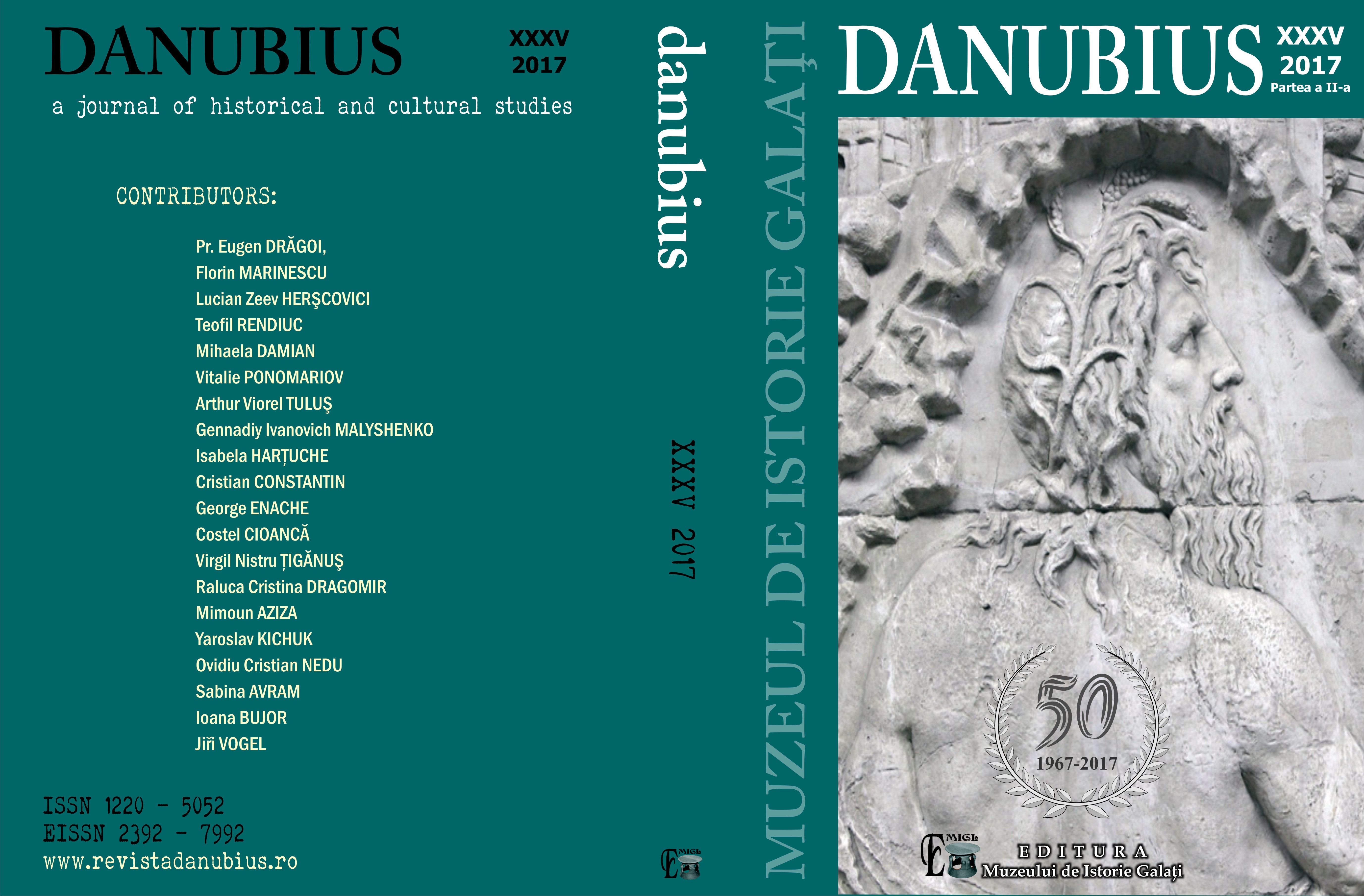Recunoaștere (jñāna) versus realizare (karman). Mundaka-upanisad (traducere adnotată)
Knowledge (jñāna) versus Deeds (karman). Mundaka-upanisad (Annotated Translation)
Author(s): Ovidiu Cristian NeduSubject(s): History, Philosophy, Theology and Religion
Published by: Muzeul de Istorie „Paul Păltănea” Galaţi
Keywords: Indian religion; Brahmanism; Mundaka Upanisad; monism; knowledge (jñāna); liberation; Karma; ritual
Summary/Abstract: Mundaka-Upanisad is one of the oldest Upanisads and also one of the classical Brahmanic texts dealing with the ultimate reality (Brahman) and its relation to the Universe. Its ontological approach considers the reality as unique, as substantial, the dynamic and multiple Universe being a mere emanation of the real. The cosmogonic scheme takes over some Vedic emanationist theories, accounting for the manifestation of the Universe through a mysterious „heating” (tapas) process undergone by reality.Traditionally, Mundaka-Upanisad is included in „Jnāna-Khanda” division of the Upanisads, namely it is considered a text which extols the liberation by knowledge (jñāna). Several scattered verses deal with the Karmic process stirred by desire (kāma) and deed (karman) and the second section of the first chapter engages in a fierce refutation of all human realizations. Human states and accomplishments are blamed for being transitory and for not providing a final realization of human beings. Further, the text extols the renunciation to all worldly affairs and the pursuit of the absolute knowledge as the sole desirable goal of humans. Knowledge of the unique reality is presented as being rather an ontological act, a total dissolution of the individual being into the uniform and universal absolute. It is rather an act of „becoming” than one of „knowing”.The high esteem of knowledge is to be found also as a kind of „cult” of the Veda, inherited from the pan-Indian religious tradition. The text starts with exposing the way Vedic texts are revealed by the divine to humankind and with the lineage of their transmission.Scattered throughout the text, there can be found elements of Pantheism, Idealistic ontology, meditation techniques.
Journal: Danubius
- Issue Year: XXXV/2017
- Issue No: 2
- Page Range: 321-376
- Page Count: 56
- Language: Romanian

